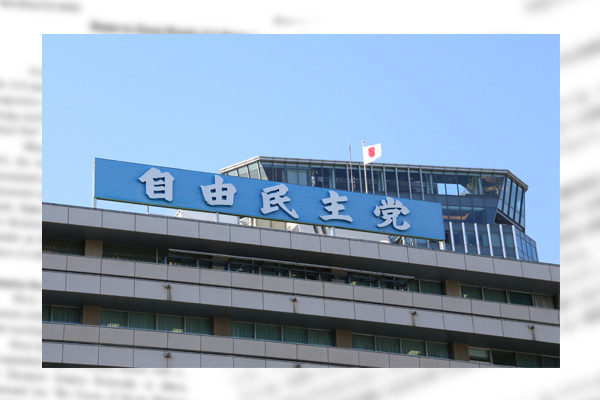The result was as expected. The discussions between the ruling Liberal Democratic Party and its junior coalition partner, the Komeito party, which had been discussing the relaxation of arms exports in response to the revision of three strategic documents including the National Security Strategy published late last year, produced only the announcement of a “summary of issues” and the conclusion was postponed until autumn or later. Although calls have grown within the LDP for revising rules on defense equipment exports to increase Japan’s contributions to support for Ukraine that is fighting a war against Russian aggression, the revision was hampered by a cautious stance of Komeito that recognizes itself as a “party of peace.”
Shelving arms transfer to Ukraine
In response to the war in Ukraine, many LDP lawmakers have called for changing Japan’s policy of sending only non-lethal equipment such as bulletproof vests to Ukraine. However, giving consideration to Komeito, the discussions with Komeito on the matter were suspended before April’s unified local elections and resumed on April 25 after the elections.
As the result of the discussions, the interim report said it is necessary to include support for countries that have been subjected to aggression running counter to international law as part of the export of defense equipment. It also cited a majority opinion that equipment Japan has developed and produced jointly with other countries should be allowed to be transferred to third countries.
In a manner to accept an assertion by Komeito, however, the report included a sentence that “it was also confirmed that the three principles on overseas defense equipment transfers embody compliance with the United Nations Charter and the avoidance of the promotion of international conflicts.” The Mainichi Shimbun newspaper explained that “the sentence reflected Komeito’s intention to emphasize that there would be no problem with Japan’s pacifist constitution.”
If the LDP gives too much consideration to Komeito, deviation from realities will keep widening. “In the event of a Taiwan or Japan contingency, Japan would be short of munition and have to ask other countries for them,” said Masahisa Sato, a retired colonel of the Ground Self-Defense Force and LDP member of House of Councillors, at its Budget Committee on March 6. “Is it reasonable for Japan to request [weapons] from other countries in the event of its crisis while refusing to provide them to other countries in the event of their crises?”
How would Prime Minister Fumio Kishida who has reiterated that “Ukraine today may be East Asia tomorrow” respond to Sato’s question? The Japanese government should immediately draw a conclusion on arms exports.
Silence over rants over treated nuclear plant water
Komeito has become an obstacle to policy promotion not only for overseas defense equipment transfers. On July 2, Komeito leader Natsuo Yamaguchi said that “it is better to avoid the impending swimming season” for the government to release treated water from Tokyo Electric Power’s Fukushima Daiichi Nuclear Power Station into the sea that is planned for this summer.
When criticized by ruling and opposition parties for the statement, Yamaguchi offered clarification that it would take some time to explain the safety of the plan. However, the statement may be inevitably interpreted as pandering to China that is demanding the suspension of the release.
Kishida should have summoned Yamaguchi and lodged a strong protest, but did nothing. If the LDP delays overseas defense equipment transfers and remains silent over the problematic statement by the Komeito leader by placing too much emphasis on cooperation with the coalition partner in the coming general election of the House of Representatives, it is putting the cart before the horse.
Takashi Arimoto is a Planning Committee member at the Japan Institute for National Fundamentals and publisher of Monthly Magazine SEIRON at the Sankei Shimbun newspaper.


